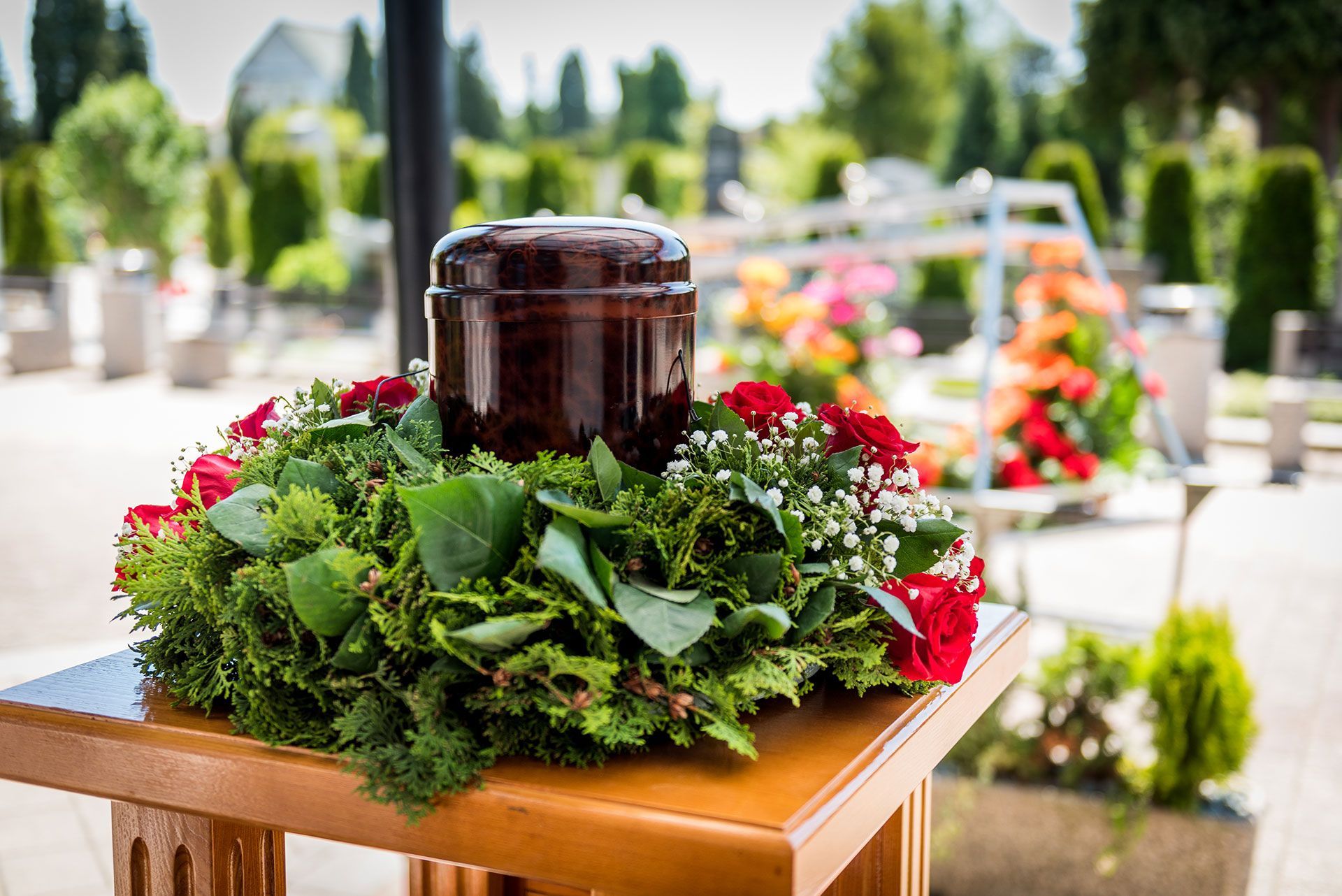What to Expect During the Funeral Planning Process
Understanding the Funeral Planning Process
Planning a funeral is a deeply personal and often emotional experience. During a time of loss, it can feel overwhelming to make decisions and coordinate details, but understanding the funeral planning process can help provide clarity and guide you through each step. Whether you’re pre-planning for yourself or arranging a service for a loved one, this guide will walk you through what to expect and how to create a meaningful farewell.
Step 1: First Decisions and Gathering Important Information
The first step in funeral planning is making a few initial decisions that will set the tone for the process. These include determining the type of service and gathering essential information.
One of the first questions to address is whether the deceased will be buried or cremated. This personal choice may be influenced by religious beliefs, cultural traditions, or personal preferences. Some families may already know what their loved one wanted, while others may need to consider the options.
There are several types of services to consider:
- Traditional Funeral: Typically includes a viewing or visitation, formal service, and burial.
- Memorial Service: Held after cremation or burial, this service focuses on celebrating the life of the deceased.
- Graveside Service: A simpler service that takes place directly at the burial site.
Before meeting with a funeral director, it’s helpful to gather key information about your loved one. This may include full legal name, date of birth, and any preferences they may have expressed for their service or burial.
Step 2: Working with a Funeral Director
A funeral director plays a key role in guiding you through the planning process. They are there to provide support, offer resources, and manage the logistics involved.
Research and choose a funeral home that aligns with your values, preferences, and budget. Many families select a facility based on location, reputation, or recommendations from friends and family.
At your first meeting, the funeral director will discuss the following:
- Type of service and venue
- Date and time of the service
- Transportation and care of the deceased
- Documentation required for permits and burial or cremation
They will also provide a general price list to help you understand costs and make informed financial decisions.
Funeral directors often assist with coordinating additional aspects of the service, such as:
- Floral arrangements
- Obituaries and funeral notices
- Venue bookings
- Clergy or officiant arrangements
Their goal is to ensure everything runs smoothly so you can focus on honoring your loved one.
Step 3: Personalizing the Funeral Service
Making the service personal and meaningful is an important part of the process. This is where you can celebrate the life and legacy of your loved one in a way that feels authentic.
Some families choose a theme or focus for the service, such as reflecting their loved one’s hobbies, personality, or achievements. For example, a nature enthusiast’s service might be outdoors or include natural elements. Collaborate with the funeral home or a family member to create a program that outlines:
- The order of service
- Readings, prayers, or eulogies
- Musical selections
This ensures a smooth flow and provides attendees with a keepsake.
Consider including:
- Photos or Videos: A slideshow or photo display captures moments worth cherishing.
- Unique Items: Display personal belongings like trophies, artwork, or favorite books.
- Music: Whether it’s hymns, classical, or a favorite song, music adds emotional depth.
Encouraging participation from attendees can make the service even more meaningful. Family and friends may offer readings, share stories during an open tribute, or join in a group prayer or song.
Step 4: Financial Considerations
Funeral costs can vary widely depending on the type of service and choices you make. Funeral directors can help outline all expenses transparently. Be sure to discuss the following:
- Costs for the funeral home’s services
- Burial or cremation fees
- Additional items like flowers, catering, or media equipment
For families working with a fixed budget, the funeral home can suggest ways to adjust plans without compromising the dignity of the service.
Step 5: The Day of the Service
On the day of the funeral, the focus shifts to honoring and remembering your loved one. The funeral home staff will coordinate and manage all the details, including:
- Transporting the deceased to the venue
- Preparing the service space
- Assisting with any family or guest needs
This allows you to be present, reflect, and connect with others.
Step 6: Aftercare and Grief Support
The process doesn’t end after the funeral. Many funeral homes offer aftercare services to support you in the days and weeks ahead. This may include:
- Help with legal paperwork or death certificates
- Guidance on transferring or closing accounts
- Grief counseling resources for family members
Taking advantage of these services can ease the burden of administrative tasks and help your family begin healing.
Contact Us TODAY
TO SCHEDULE A MEETING With Our Funeral Director
Each step—from making initial decisions to personalizing the service and managing day-of logistics—is an opportunity to honor your loved one’s life in a meaningful way.
At its heart, a funeral isn’t just about saying goodbye; it’s about celebrating a life lived, creating lasting memories, and finding comfort and connection in the support of loved ones.
At Reddington Funeral Home, we understand that planning a funeral can seem overwhelming. That’s why we’ve streamlined the pre-planning process to ensure it is simple, stress-free, and focused on providing true peace of mind. Each year, more individuals are choosing to take control of their memorial arrangements ahead of time, and we are here to support you every step of the way.






